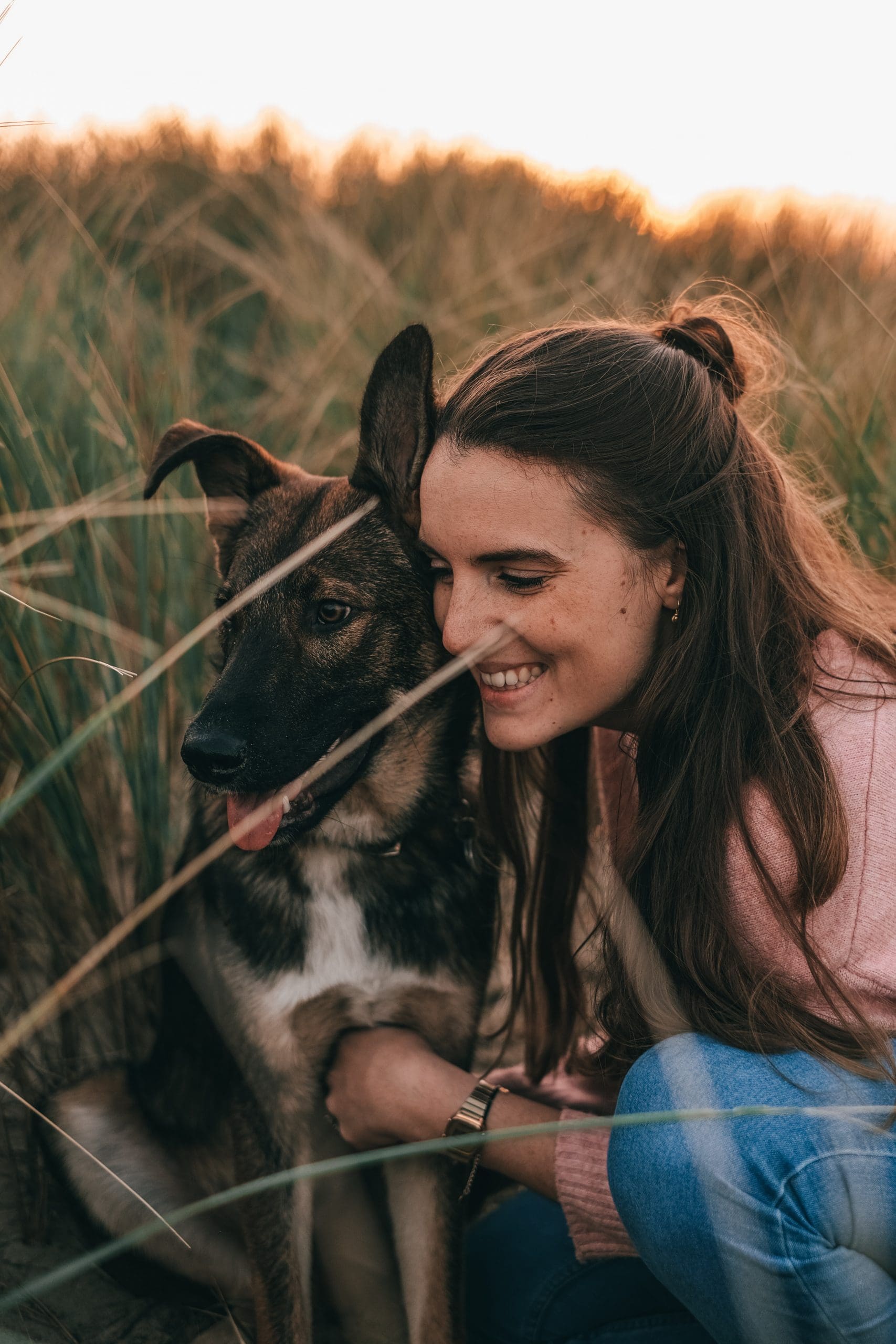 As responsible dog owners, it’s crucial to ensure that our furry friends are well-fed and healthy. While it may be tempting to share our meals with them, it’s important to remember that certain foods can be harmful, or even fatal, to dogs. Understanding what foods are off-limits is vital for their well-being. In this blog post, we will explore the foods that dogs should not eat, helping you keep your canine companion safe and healthy.
As responsible dog owners, it’s crucial to ensure that our furry friends are well-fed and healthy. While it may be tempting to share our meals with them, it’s important to remember that certain foods can be harmful, or even fatal, to dogs. Understanding what foods are off-limits is vital for their well-being. In this blog post, we will explore the foods that dogs should not eat, helping you keep your canine companion safe and healthy.
1. Chocolate and Caffeine: A Toxic Combination
It’s well-known that chocolate is toxic to dogs, but do you know why? Chocolate contains theobromine, a stimulant that can lead to various complications in dogs. The darker the chocolate, the higher the theobromine content, making it more dangerous. Consumption of chocolate can cause vomiting, diarrhea, increased heart rate, tremors, and even seizures in dogs. Caffeine, found in coffee, tea, and some energy drinks, has similar effects, affecting the central nervous system and cardiovascular system in dogs. Keep these treats away from your canine companion to prevent any adverse reactions.
2. Grapes and Raisins: A Hidden Danger
While grapes and raisins seem harmless snacks, they can be toxic to dogs. Even in small amounts, these fruits can cause kidney failure in our furry friends. The exact substance responsible for this toxicity is unknown, and it affects different dogs in different ways. Some dogs may experience vomiting and diarrhea, while others may show lethargy, increased thirst, and decreased appetite. As the severity of the reaction can vary, it’s best to avoid giving grapes or raisins to your dog altogether.
3. Onions and Garlic: More Than Just Bad Breath
Onions and garlic, belonging to the Allium family, can cause severe health problems in dogs. These ingredients, often used in our cooking, contain compounds that can damage a dog’s red blood cells, leading to hemolytic anemia. Symptoms may not appear immediately, but over time, dogs may become weak, lose appetite, and show signs of pale gums or dark urine. Keep a close eye on your dog’s diet and avoid feeding them any foods containing onions or garlic, including powdered forms.
4. Xylitol: A Sweetener to Avoid
Xylitol, a sugar substitute commonly found in sugar-free gum, candy, and some baked goods, can be highly toxic to dogs. When ingested, it causes a rapid release of insulin, leading to a dangerous drop in blood sugar levels. This can result in seizures, liver failure, and even death. Check the ingredients of any products you have in your home, as xylitol is becoming increasingly popular in various food items.
5. Alcohol and Uncooked Dough: A Recipe for Disaster
While it may seem obvious, it’s worth mentioning that alcohol is hazardous for dogs. Even small amounts can lead to intoxication, resulting in vomiting, disorientation, lack of coordination, and even coma. Similarly, uncooked dough can cause serious problems. When ingested, the dough rises in a dog’s stomach, leading to bloating and potential intestinal obstruction. Keep an eye out for any accidents involving alcohol or uncooked dough, and seek immediate veterinary assistance if needed.
As dog owners, our furry friends rely on us to provide them with a safe and healthy environment. By being aware of the foods that can harm dogs, we can prevent unnecessary health complications or emergencies. Remember, it’s not just about avoiding these foods but also about educating ourselves and others to ensure the well-being of our beloved pets. Stay informed, show empathy, and prioritize your dog’s health by keeping these harmful foods out of their reach.
[/fusion_text]



